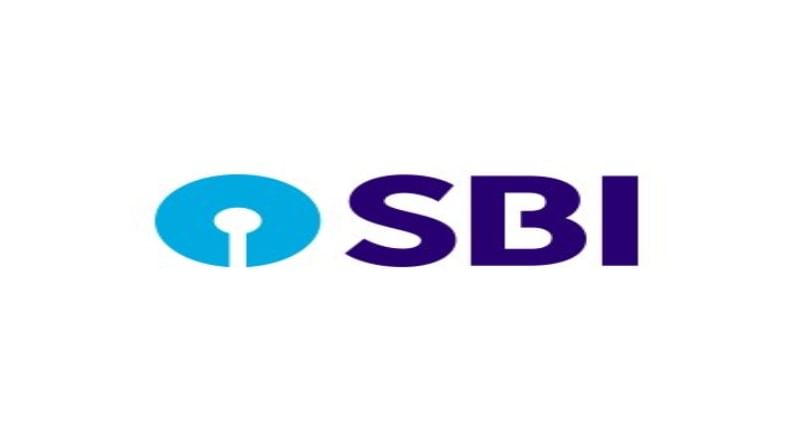Unhappy with State Bank of India's service? Here's how you can lodge a complaint
Quick grievance redressal is one of the parameters that the RBI thinks is significant to ensure financial inclusion

Grievance redressal is one of the cornerstones of any service-oriented organisation and for State Bank of India, a behemoth with 49 crore customers — a number that is more than the combined population of the US, England and Germany — it is a priority, according to the authorities.
But if you are a SBI customer and not happy with its service, you can lodge a formal complaint following a few simple steps. Only a phone call, or SMS, is enough to register it.
In case the grievance is not resolved, or you are not satisfied with the bank’s response, within 30 days from the date of registration of the complaint, you can approach the Reserve Bank of India.
According to the website of SBI, there are the steps you have to follow:
STEP 1: In case of any grievance with the services, you can contact the Branch Manager or call at Toll-free numbers 1-800-425-3800 / 1-800-11-22-11. You can also send an SMS “UNHAPPY’ to 8008202020.
STEP 2: In case the grievance is not resolved within 10 days or you are not satisfied with the bank’s response, you may contact the Network Nodal Officer (NNO) of the bank. You can find the details of the NNO both in the branch and SBI website.
You may also write to the Chairman of SBI. The email id of the bank is available at the bank website.
STEP 3: In case the grievance is not resolved at the bank level at all or if you are not satisfied with the bank’s response within 30 days from the date of registration of the complaint, you still have a level to approach for redressal.
You can lodge grievances online to the banking ombudsman. RBI has appointed 22 ombudsman all over the country who are in charge of different zones.
You have to find out who is the ombudsman of your region and write to this person with all the details of your complaint. One can lodge complaints in both online and offline modes.
The RBI website has the list of ombudsmen with their territory of jurisdiction and their email ids and phone numbers.
The importance of grievance redressal has gone up after the country set financial inclusion as a priority area. The country has undertaken a financial inclusion drive since August 2014 when the Jan-Dhan accounts were opened.
So far, more than 42 crore Jan Dhan accounts have been opened with more than 12.85 crore being added by State Bank of India.